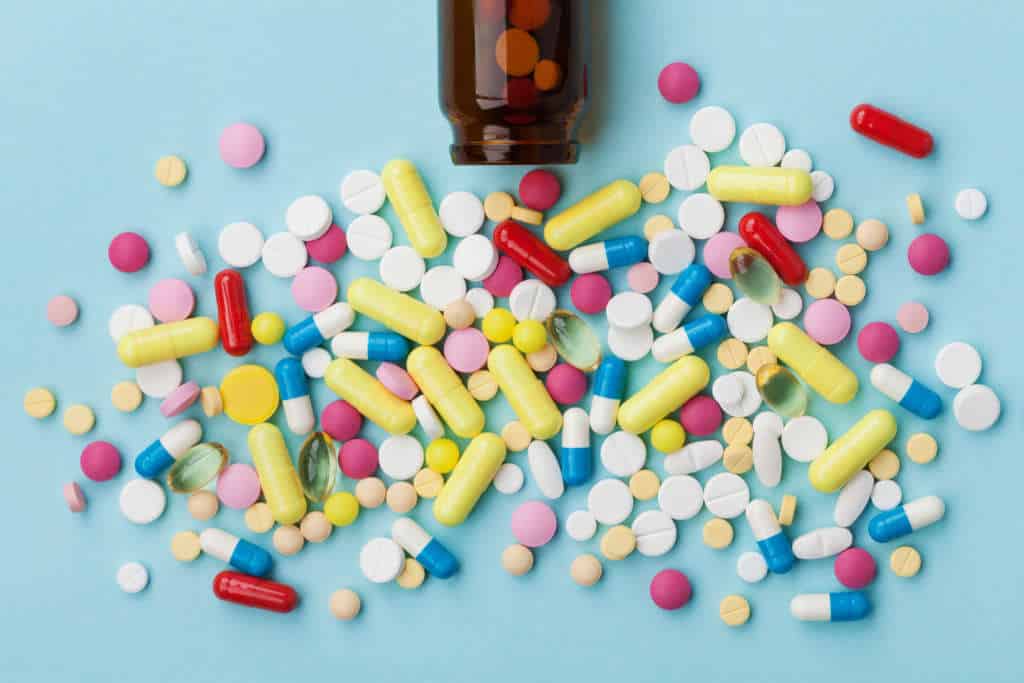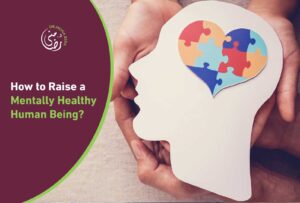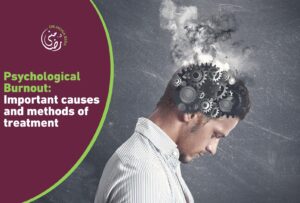Rumors about psychiatric drugs
We are at a time when depression, anxiety disorders, and other psychiatric illnesses have become a global epidemic. Therefore, access to a minimum of correct medical information on these diseases and their treatment is no longer a matter of luxury, but rather a duty that shouldn’t be neglected. Unfortunately, we face many common misconceptions about psychiatric illnesses and medications that must be eliminated and corrected. Additionally, there’s a stereotype about doctors, among some, that when a patient comes out of any psychiatric clinic, they have to go out with a lot of medication. However, the fact is that it isn’t a rule that applies to everyone, each case has its different details and needs.
The most common rumors about psychiatric drugs are:
1. Psychiatric drugs are not effective.
The fact that is corroborated by evidence and factual sightings from specialists, psychiatric medications in their different groups, like other medications, vary the strength of their therapeutic effect and success depending on the quality of the diagnosis, the suitability of the drug to the patient’s condition, the extent of the patient’s commitment, as well as the severity of the disease, the availability of factors helping to make treatment work such as family and friends support, and supportive treatments such as psychological and behavioral therapy.
2. Psychiatric medications are addictive.
The most frightening to psychiatric patients is their belief that psychiatric medication is addictive and this belief is inaccurate because most drugs used in psychiatry don’t cause habit or addiction, but there are drugs, if used for long periods, without reasons to use, and without consulting a specialist may cause addiction, as some chronic psychiatric disorders require prolonged medication. In addition, the symptoms can get worse when you stop medication for a while, which confirms some people’s addiction conviction. In fact, this isn’t true, since the return of symptoms after leaving the medication doesn’t mean that the patient is used to the medication and cannot get rid of it. Even a chronic psychiatric disorder requires chronic treatment, such as a person with diabetes need for the drug or insulin to keep blood sugar level within normal range. Some aspects of psychiatric drugs may be similar to narcotic drugs, such that some cases have to raise the concentration of the drug after a period of time. This is according to the severity of the condition and the patient’s need for more medication, not because of the drug-induced addictive habit phenomenon.
3. Whoever takes psychiatric medication is a crazy person.
Although that idea has started to wane in recent times, there are still some people who believe the idea that psychiatric patients, taking medication, are crazy people. This is certainly a belief that puts pressure on the patient, and it’s a reason why they don’t adhere to the medicine or visit the psychiatric clinic. If the crazy one who lost his sight, got things mixed up, and got disconnected from reality, most common psychiatric illnesses like depression, anxiety, and social phobia wouldn’t do this; instead, it may be caused by a lack awareness of the patient’s feelings and those around him or her. Not everyone who takes psychiatric medication is insightless and on the edge of insanity.
4. Having to take medication forever without stopping.
That is not true, as the drug can be stopped gradually under the supervision of a doctor after enough treatment has passed from 3 to 6 months of improved symptoms. Good runs in non-pharmacological treatments can also be made such as psychological-behavioral therapy and improving social environment around the patient.
5. All psychiatric drugs have side effects that increase the severity of the disease.
An effective drug in any field is almost doesn’t devoid of undesirable side effects, but they are less important in front of the desired therapeutic benefits. Psychological treatments and antidepressants already have many side effects such as weight gain, digestive disorders, some imbalances in sexual arousal, and some mood disorders: fortunately, most of these symptoms are temporary and isn’t required that they occur to everyone, as their severity varies from person to person, and the psychiatrist follows up with the patient until he reaches the most appropriate and least side effects medication for each patient.
6. Depressive drugs cause suicide.
Suicide is the most serious complication of depression disease, and the goal of antidepressants is to save the lives of millions of depressed patients at risk of suicide. While the results of some studies have already shown that the use of antidepressants may cause a slight increase in the tendency to commit suicide in adolescents and young people, there are other large studies that emphasize the positive impact of the widespread use of antidepressants in reducing suicide ratios by controlling depression especially among women.
In any case, psychiatric medication and antidepressants should generally be taken, especially under the direct supervision of a specialist psychiatrist with the need for immediate consultation in case of any suicidal thoughts.
You can contact Dr. Mona Reda, a mental health consultant, for more stable mental health.









